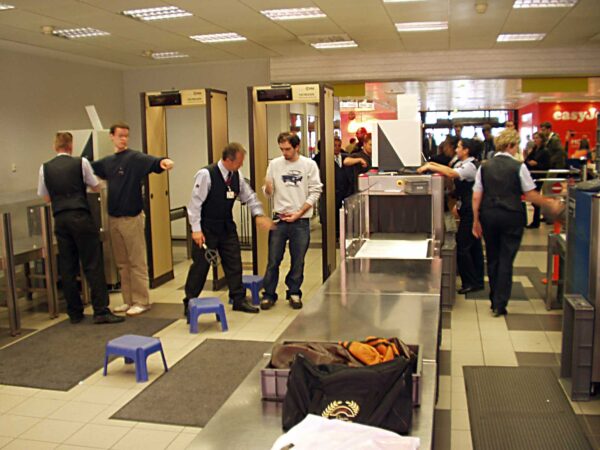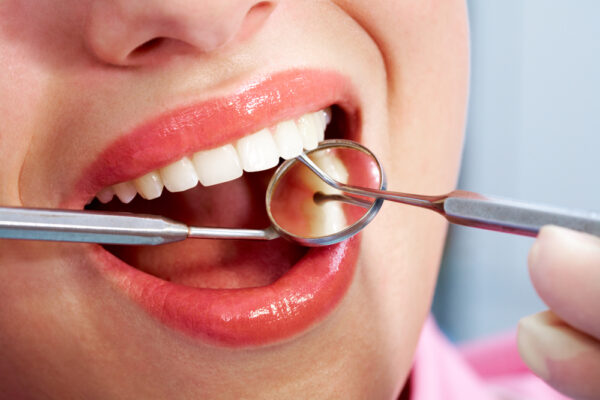
Your heart is responsible to coordinate between all the other organs of your body by pumping blood. The rhythms generated by this pumping pattern are responsible for proper functioning of entire human body. A pacemaker comes into the picture in the aftermath of a heart attack or in extreme conditions- a cardiac arrest. People having congenital cardiac issues are also advised to undergo a pacemaker implant surgery. Did you know that about 1 million people around the globe undergo a pacemaker implant each year? Probably not! This article sheds light on what exactly a pacemaker is, why is it required and how does a person live on with a pacemaker in the entirety of his remaining life.
What is a pacemaker?
A pacemaker is a small electronic device. Surgical procedure is carried out to place it in the abdomen or chest in people having irregular heartbeats. In extreme cases of heart rhythm problems, the patient’s vital organs are also likely to get damaged. In such an event, pacemakers regulate beating of heart.
They are preprogrammed to function in a certain way. Pacemakers can be implanted in one’s body for correction of any of their aforementioned cardiac conditions permanently or for a temporary time.
What are the precautions one must take to be able to live a smooth life with the pacemaker?
A little precautionary care can go a long way in improving the quality of a heart patient’s life. Following given are just few precautions to be followed by the patient in his daily life post undergoing pacemaker implant:
- Physical activity In the period post undergoing a pacemaker implant, the patient should always endeavor to remain physically active and not lethargic or dormant.
-
Medication
Keep track of the prescribed medications. Medications are as important as being physically active for having a proper functioning heart.
- Gym
If you do regular gymming then let your gym trainer know of the implant. As that is extremely necessary so that the trainer does not makeyou do strenuous exercises that could risk damaging the pacemaker.
- Regular appointments
Do not forget to see the doctor as per decided schedule. These appointments are for the doctor to be able to check on the smooth functioning of the device.The battery functioning needs to be checked periodically by your health care provider. Also, these sessions are important for discussing your concerns with the doctor.
- Metal Detectors
Travelling with the pacemaker fitted in your body isn’t a hindrance. If and when travelling you just need to ensure that the metal detectors at airports and malls do not come in contact with the chest region where the device is fitted.
Additionally, you need to carry the International Pacemaker Patient Identification Cards for security purposes, as it lets the airport officials know about your health condition.
- Dental procedures
Let your dentist know about the device implant, before undergoing any dental procedure, even if it is as basic as a root canal or cavity filling procedure.
- Avoid heat therapy
Heat therapy is a very effective option for people suffering from sharp muscle pain. But it should be avoided particularly by heart patients who have undergone pacemaker implant surgery.Heat therapy needs to be avoided because it has capability to lead to burns in the tissues that reside in the region of the implant.
- Contact sports
The person who has undergone a pacemaker implant should also avoid participating in contact sports as that has the capability to cause damage to the device.
A pacemaker is a life-saving device. Living with it should not be taken to a daunting thing. Patients who have undergone the implant can lead an absolutely normal life if they follow the requisite precautions as told by their doctor.










